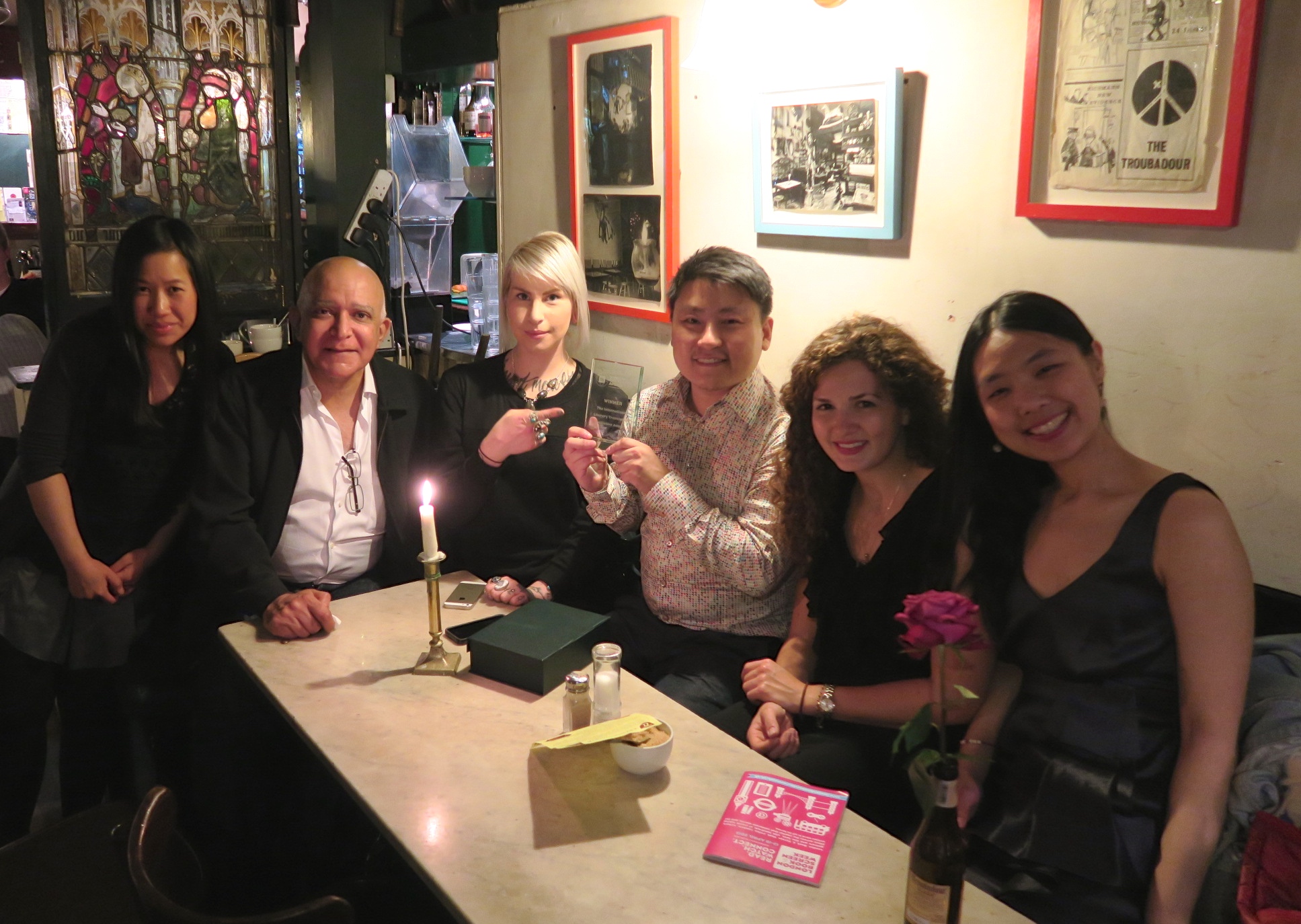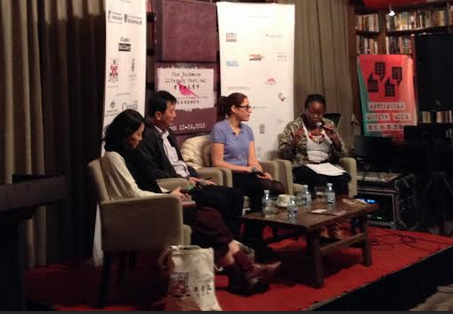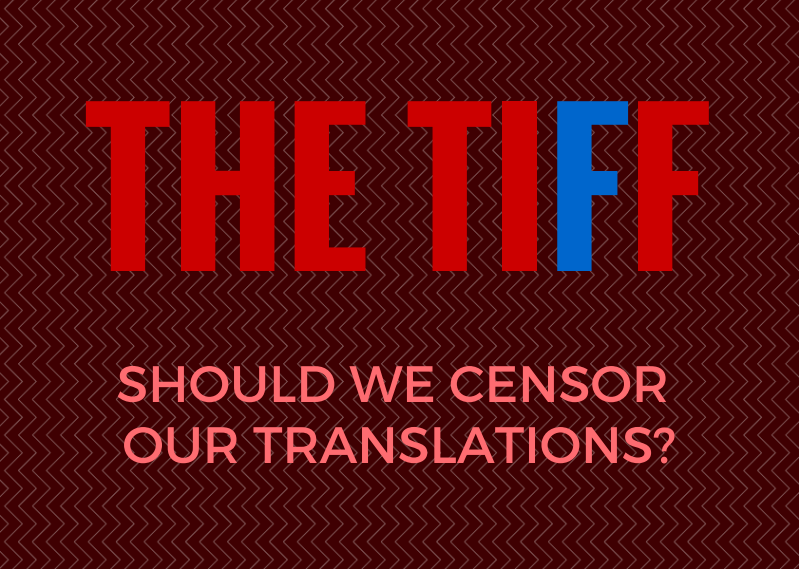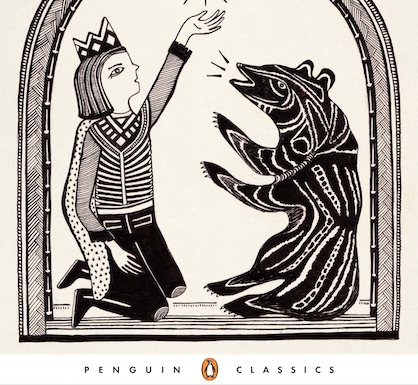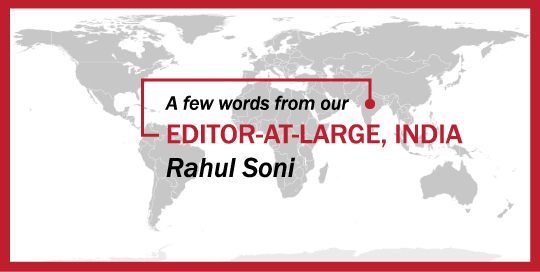It’s hard to choose just one piece that I’ve been proud to introduce to Asymptote readers—as editor, aren’t I supposed to be proud of everything selected for inclusion?
But if pressed, I’d perhaps name Banaphool’s Nawab Sahib, translated from the Bengali by Arunava Sinha. Banaphool (1899-1979) was an extremely prolific writer, with 586 short stories, 60 novels, five plays, an autobiography, numerous essays, and thousands of poems to his credit—apart from being a painter and practicing doctor. And as the story in question reveals, his fame is not simply a matter of numbers—Banaphool possessed a keen eye for structure and pacing, the telling detail, and for human absurdity.
Banaphool was a great literary craftsman who operated in a breathtaking range of registers. Still, though the master of many tones, Banaphool consistently invited his own, unique sensibility into his writing. And he may very well have invented the genre of the very short story—often less than a page in length—a form that is now finding currency under the nomenclature of “flash fiction”. I’m grateful to Arunava Sinha, without whose lovely translations we of the non-Bengali-speaking/reading world may have had to wait much longer to be introduced to this great world author.
Looking forward, I am most excited about bringing to our readers (and an audience of readers worldwide)—a novel(la) by one of the foremost men-of-letters in Hindi named Dharamvir Bharati, called Suraj ka Satvan Ghoda (which translates to The Seventh Horse of the Sun).
Published in 1952, it is what might be called an experimental novel, incorporating elements from “folk” storytelling into a novel-in-variation-form structure (to use, anachronistically, Milan Kundera’s term), and is written in a whimsically and colloquially, with an ironic take on the Marxist politics that has been (and still is) so dominant in Hindi Literature.
Sui generis: it is unique in Hindi literature (and, indeed, it is singular in the author’s own oeuvre as well), a far cry from conventional European modes of novel-writing. In terms of the history of the novel, The Seventh Horse of the Sun stands as a signpost to one of the roads not taken. It was adapted into a movie of the same name by Shyam Benegal in 1993 —one of the most singular masterpieces of Hindi cinema. Shamefully enough, there is but one translation of the novel, one lacking in both quality and distribution. This is clearly a disservice to the text, the author and the readers. It is my hope that I will be able to, some day, secure permission for a fresh translation and present it to our readers.



